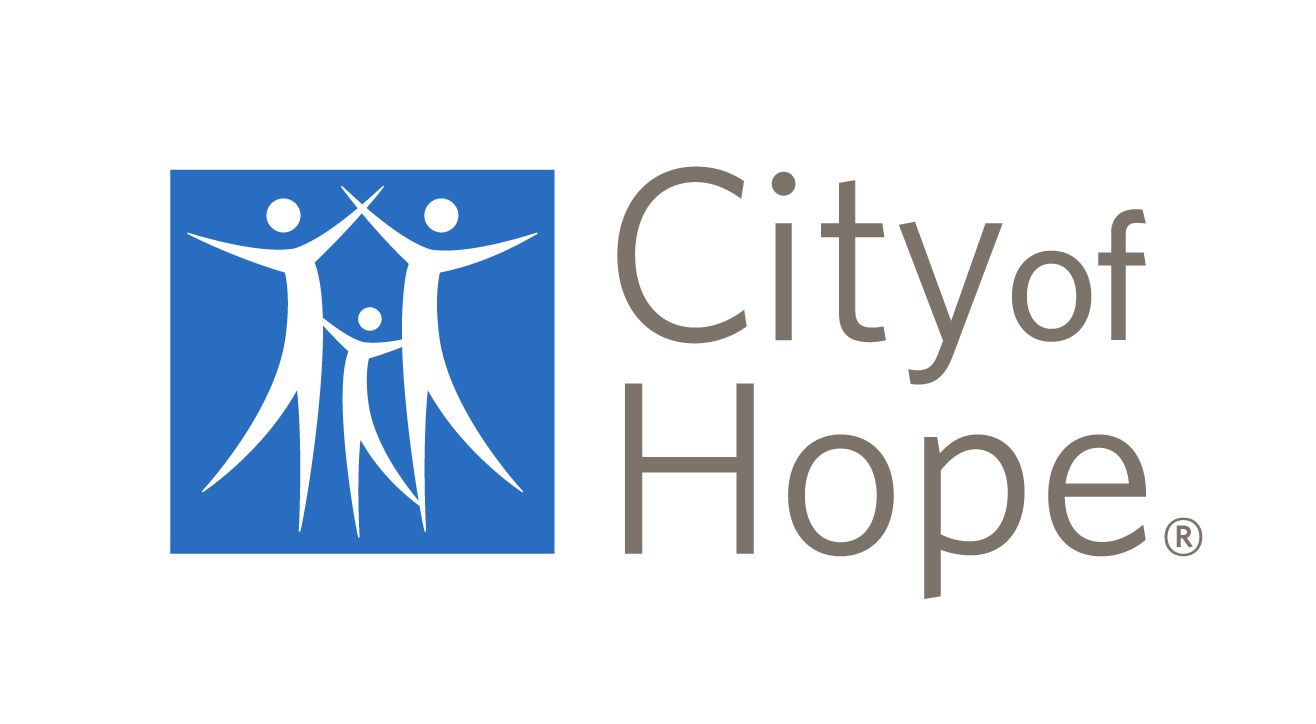- Advertise
- About OncLive
- Editorial Board
- MJH Life Sciences brands
- Contact Us
- Privacy
- Terms & Conditions
- Do Not Sell My Information
2 Clarke Drive
Suite 100
Cranbury, NJ 08512
© 2025 MJH Life Sciences™ and OncLive - Clinical Oncology News, Cancer Expert Insights. All rights reserved.
Dr. Ali on Key Findings From the Phase 1 Study of Selinexor Plus Ruxolitinib in Myelofibrosis
Haris Ali, MD, discusses a phase 1 dose-escalation trial investigating the administration of selinexor in combination with ruxolitinib for patients with treatment-naïve myelofibrosis.
Haris Ali, MD, hematologist, oncologist, associate professor, Division of Leukemia, Department of Hematology and Hematopoietic Cell Transplantation, City of Hope, discusses a phase 1 dose-escalation trial (NCT04562389) investigating the administration of selinexor (Xpovio) in combination with ruxolitinib (Jakafi) for patients with treatment-naïve myelofibrosis.
Investigators evaluated the safety, tolerability, and early signs of response to the combination therapy, says Ali.
Data presented at the 2022 ASCO Annual Meeting demonstrated that the combination of selinexor and ruxolitinib was safe and tolerable in all patients, Ali states. Out of an initial population of 15 patients, all except two continued treatment. The first patient discontinued treatment due to sudden onset of atrial fibrillation and pulmonary hypertension, which investigators determined was unrelated to selenexor or ruxolitinib administration. The second patient discontinued treatment because of progression to acute myeloid leukemia. Toxicities were generally low grade, and common adverse effects (AEs) included nausea, vomiting, and thrombocytopenia.
Additionally, 75% of evaluable patients experienced spleen volume reduction greater than 35% by week 12, Ali continues. Half of patients who underwent 8 weeks or more of treatment maintained or improved their hemoglobin count at the time of their last follow-up, indicating that the combination therapy may yield a promising efficacy response, Ali concludes.


